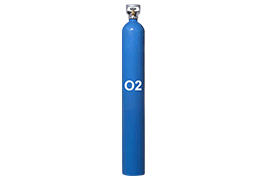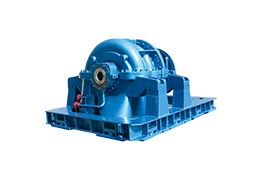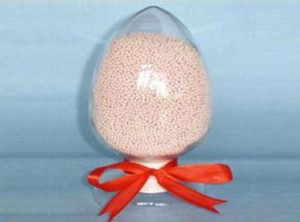If gasworld’s Global Managing Editor Rob Cockerill has learned just one thing about the industrial gases business after his 12+ years working in the industry, it’s how incredibly robust it is.
And that’s something that has never been more crucial for an industry, its robustness, as we continue to watch the coronavirus pandemic unfold at a staggering pace, taking lives and decimating livelihoods and the normal functioning of society.
At the time of writing, a quarter of the world’s population has been in varying levels of lockdown. We have been reduced to some very humble senses of existence albeit underpinned or enabled by our advances in technology.
“Isn’t there something of a paradox there?” Cockerill asked me as we spoke on the phone during week seven of the UK-wide lockdown. “Globalisation and man’s advances in technology have proliferated this virus around the world, at speed, and yet simultaneously reverted us back to a very basic, primitive way of life; confined to our caves, taking care of our loved ones, engendering a sense of community in towns and villages, and even resorting to growing our own fruit and veg!” he said.
“But further still, we come full circle to our advances in technology; relying on Wi-Fi and devices to video call and video conference, and work from home and stay connected. It’s a fascinating symmetry or circle of events.”
When I asked him the last time the industrial gases industry faced such a disruption, he highlighted the global economic crash of 2008/9.
“That’s the last time I can recall the industry facing such disruption, certainly in my time observing this industry,” he said. “Whilst a very different set of circumstances, that was the closest kind of disruption and chaos that I can think of – but we came out of the other side, with some lessons learned, and hopefully we’ll do the same again here too.”
“Clearly the depth of this pandemic and resulting economic impact, as well as the huge crash in oil markets over recent weeks, is more extensive than that crash 10 years ago; so I don’t wish to underplay this current crisis, but it would certainly be the closest comparison, for me.”
In comparing the two events, Cockerill said things were very different back then, on so many levels.
“Look at a very tangible example that we can all relate to – the Apple iPhone was only about a year or two old when the 2008/9 economic crash occurred, yet now these devices and their Android counterparts are second nature, almost an extension of us in many ways,” he highlighted. “That illustrates the vast differences that have evolved over the last decade, and how much technology has advanced across the board.”
“Whilst many comparisons between then and now will be much the same, for example with how businesses streamline and take the same expected courses of action to survive, deliver services and remain profitable, it’s a different world now in terms of technology and how we interact and live. One would hope that enables us to continue to do business, to keep the wheels of industry turning, and to emerge from this crisis much quicker and stronger than we have before.”
“I’d be very surprised if we reverted back to how we lived, communicated and did business before…”
“We also have to remember why we are in this industrial and economic position: it was not because the markets escalated into meltdown of their own doing, it was an event or chain of events that was largely beyond market control and, therefore, hopefully very temporary in nature.”
“The effects will be deep, be in no doubt about that, but the fundamental drivers for industry and economy the world over did not disappear. How we respond and emerge from this is very much in our hands.”
Cockerill’s final thoughts about the legacies this pandemic might leave, is that this new normal way of life will inevitably have long-term effects.
“I’d be very surprised if we reverted back to how we lived, communicated and did business before. I think we might sense-check a few things, we might look differently at some of our former ways of life,” he said.
“I think we’ll realise the benefits of the digital technologies we have at our disposal right now and come to lean more upon them in future; we’ll embrace these ‘new’ ways of interacting and doing business with each other. I don’t think we’ll easily forget all of the things we’ve learned in this period. If we did, that would be a great shame and would not reflect so well on us all in the years to come.”
- BCGA issue safety alert revision for acetylene regulator hazards Aug 12,21 15:18
- New report into the global LNG bunkering industry Aug 16,21 17:26
- EIA: Asia main export destination for US LNG in 2020 Mar 22,21 17:43
- Air Liquide and partners progress with low-carbon ammonia project plans in Houston Oct 07,23 16:40
- Asian LNG buyers face volatile market until 2026 Sep 12,23 16:51





























